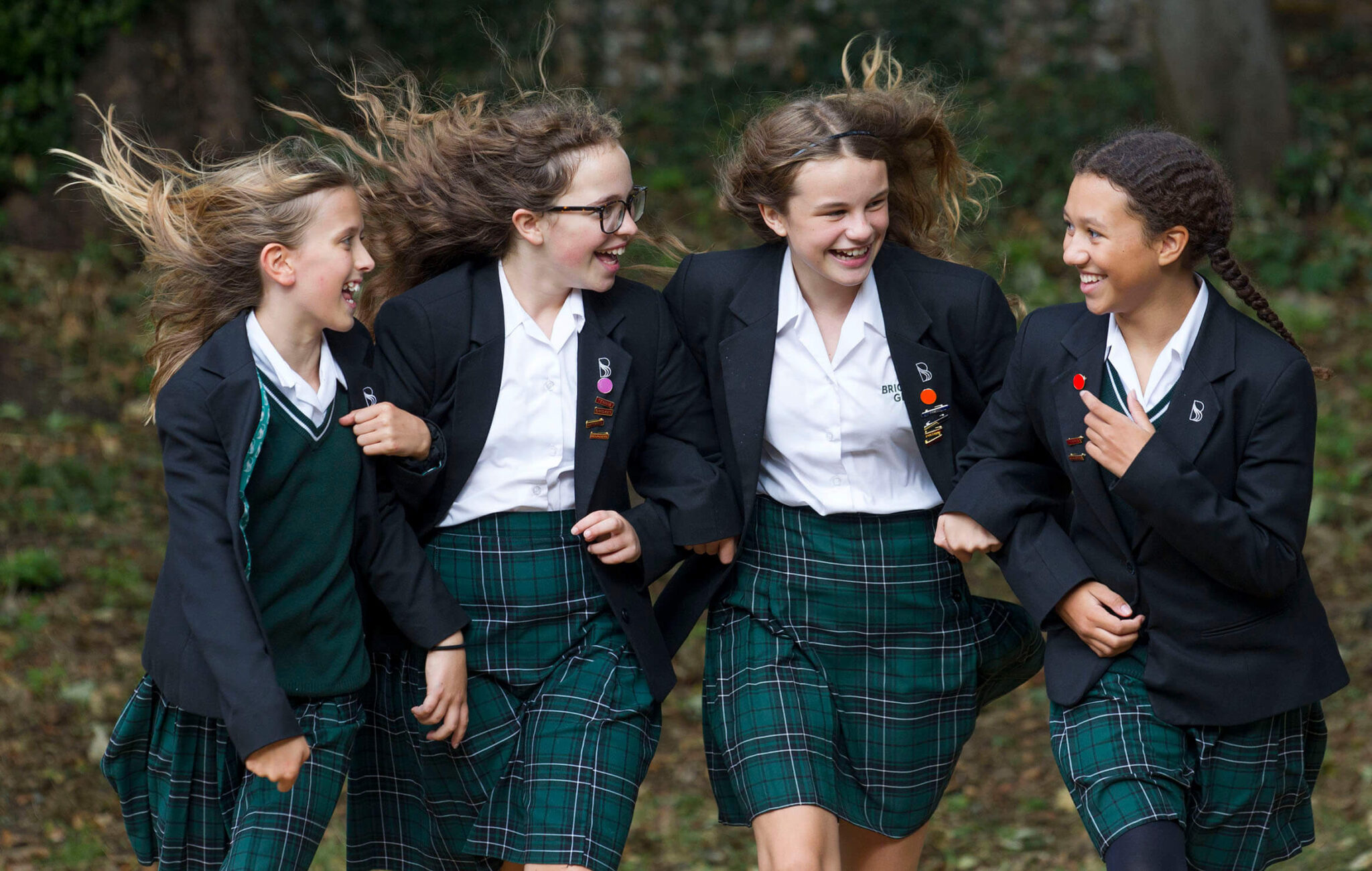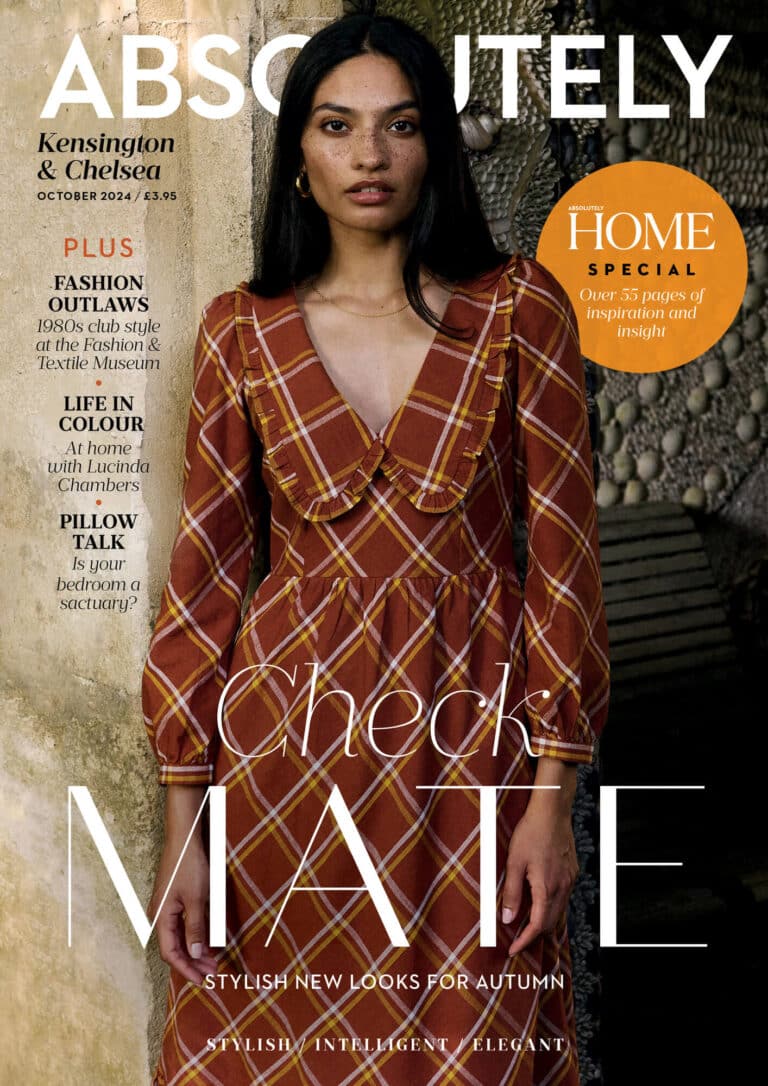Brighton Girls’ Head, Rosie McColl, on how they are leading the way as an innovator in schools
In business, innovation is key. It moves companies forward, evolves through customer demand and ensures employers have the resources to operate in the environment around them. At Brighton Girls, we believe that schools and what they offer should evolve in the same way and we are constantly scrutinising what and how we teach our pupils to ensure that it is relevant to the times we live in.
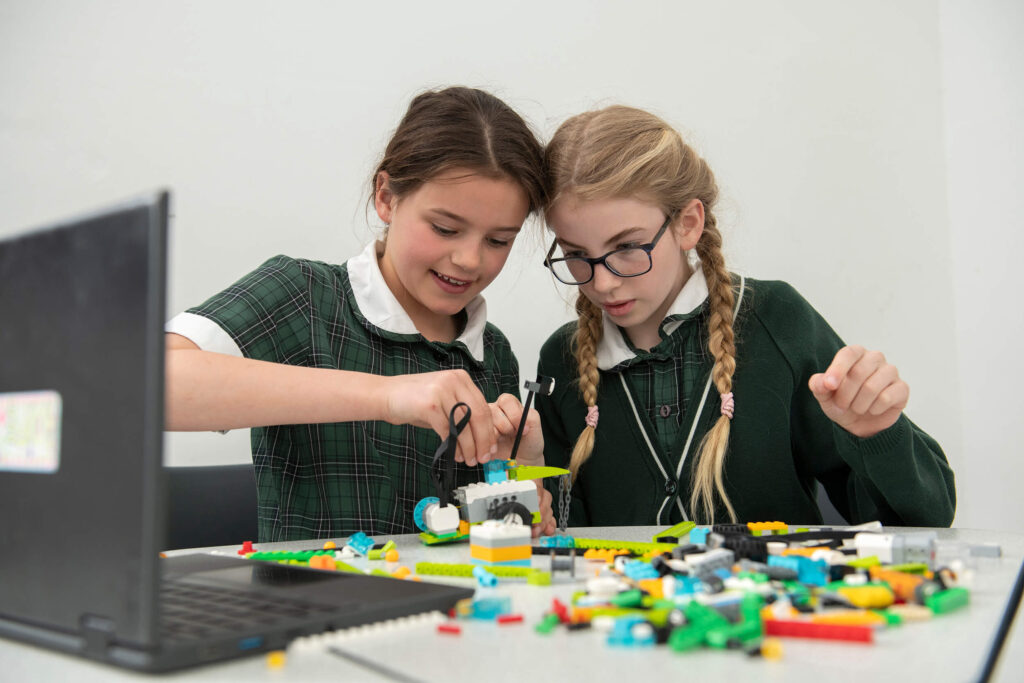
That doesn’t mean to say we don’t teach the very important subjects we are all familiar with from our own schooldays, it’s just that now we ask if we are teaching them in the right way and whether we have adapted what we teach to today’s world? The revered educationalist Sir Ken Robinson argues that our current system for teaching children is based on an industrial paradigm of education that is standardised and based around conformity. Yet we live in an age of fast-moving innovation, where AI is an inevitable progression. Global issues such as climate change are no longer problems for the science community, but something that we must all tackle. We live in a period of history where problem solving, creativity, empathy, teamwork and collaborative thinking are really important skills to learn.
Childhoods are different now too. Social media has altered the landscape for most young people and consequently our pastoral offering must adapt. Talking about mental health is now part of the lexicon, thankfully, and this gives schools an opportunity to start conversations ahead of problems arising and fashion our PSHE curriculum into something relevant to our pupils’ lives. This then is my guiding mantra as Head of Brighton Girls and is the reason behind some of my recent innovations at the school.
I’m very much looking forward to the arrival of our new Head of Design and Innovation, Kris Pointer, in September. In days gone by, he would have been called our DT teacher, but this is an area I want to update. For many years in the UK this subject has languished unloved and underfunded, seen as a discipline for less academic students and taught by a man in a white coat with some wood jammed in a vice. In fact, design is now a hugely sought-after skill as British companies cry out for employees who can work through and solve real-world issues, both conceptually and physically. Kris will be presenting our pupils with challenges communicated by local businesses and asking them to design solutions, with the aid of an online platform he has created and will be sharing with many local schools.
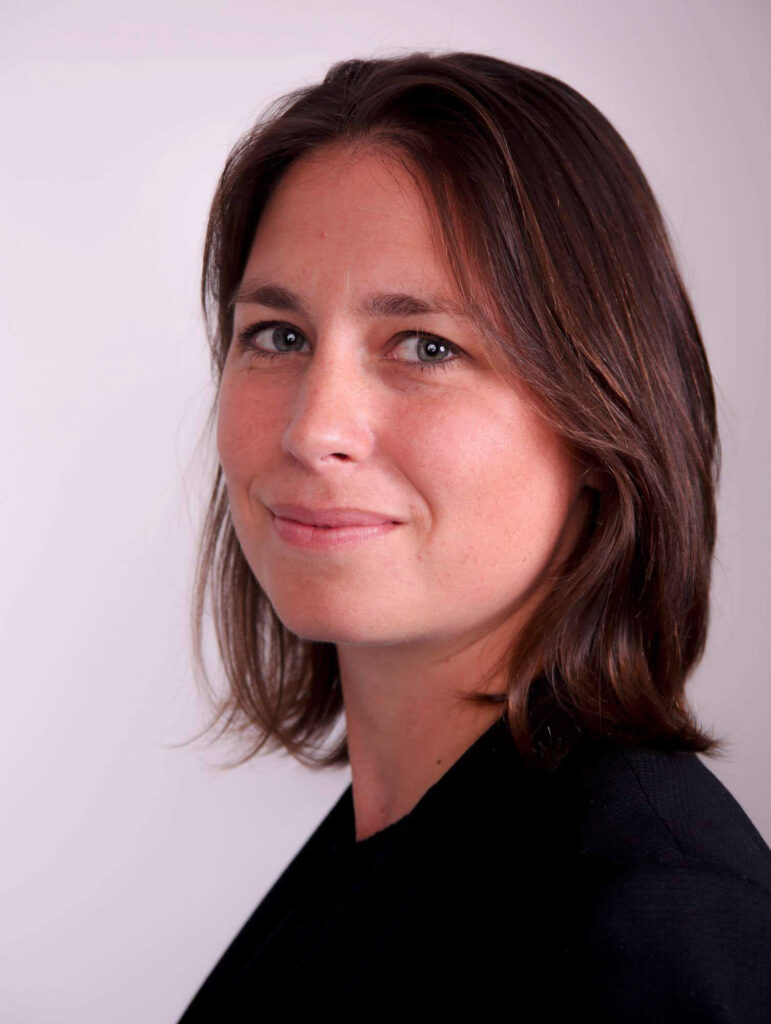
I have also appointed our coder in residence, Jayne Meadows. Jayne already runs a wildly popular coding club and she will focus on bringing coding out of its club enclave and into the mainstream curriculum. Coding involves problem solving, improves creativity, builds persistence, boosts confidence and gives pupils future ready skills. Why wouldn’t we teach this?
But we are not just innovating in our curriculum. We have used extra-curricular activities to look at improving girls’ mental health as they navigate the tricky teen years. That’s why, as we emerged from the pandemic which affected young people so disproportionately, we introduced laughter classes. Yes, you read that right. Did you know that the act of laughing, even if it’s not real laughter, reduces stress-inducing cortisol levels and raises the production of endorphins? We also take our girls sea-swimming, a well-documented mood booster, and offer lessons in using power tools, which the girls love!
We innovate in sport too. Not every girl likes traditional team sports, so why not offer something different? Our prep school had a hit on its hands when it introduced non-contact boxing and our skateboarding club is full to the rafters.
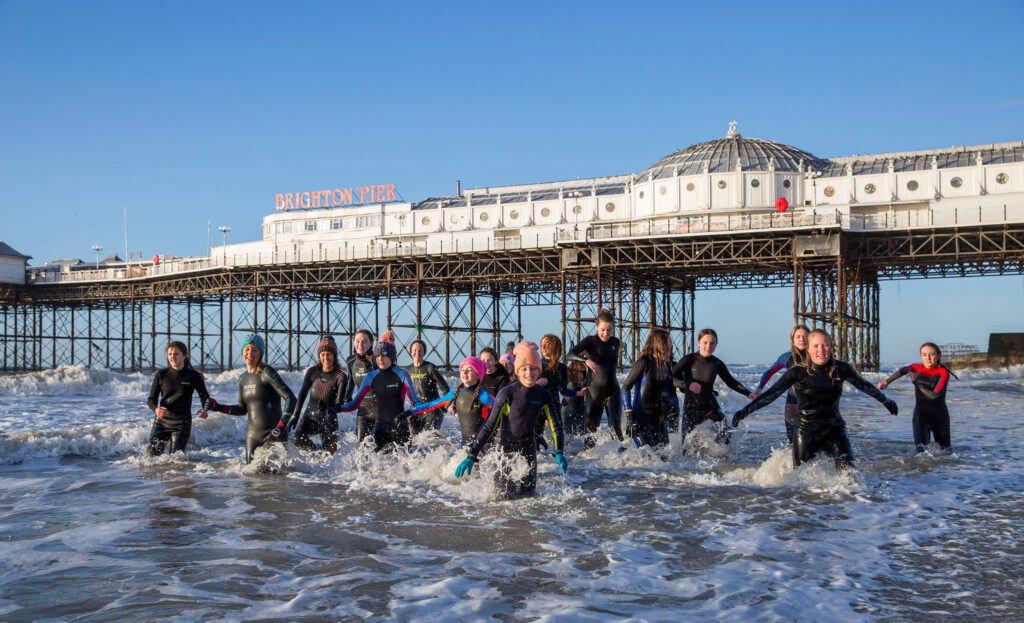
There’s one last thing I’d like to share and that’s how passionate I feel about pupils working alongside the community in which the school sits, because we know it’s beneficial to everyone. Just after I started as Head, back in early 2020, we introduced online learning not just for our prep pupils, but other local primary school students too. We saw how well this was received and followed up with our Stargazing project, which aimed to help young people from a wide socio economic background to learn about design thinking through creating their own DIY telescopes and learning about space. Just recently, Jayne Meadows also led our popular Space Days, which welcomed more than 450 Year 5 students from state primary schools across Brighton and Hove where they took part in a space buggy coding workshop.
Brighton Girls sits in a young, vibrant city full of innovators and entrepreneurs. It’s nothing less than our duty as a school to equip our pupils with the skills to join them in becoming the problem-solvers of the future.

